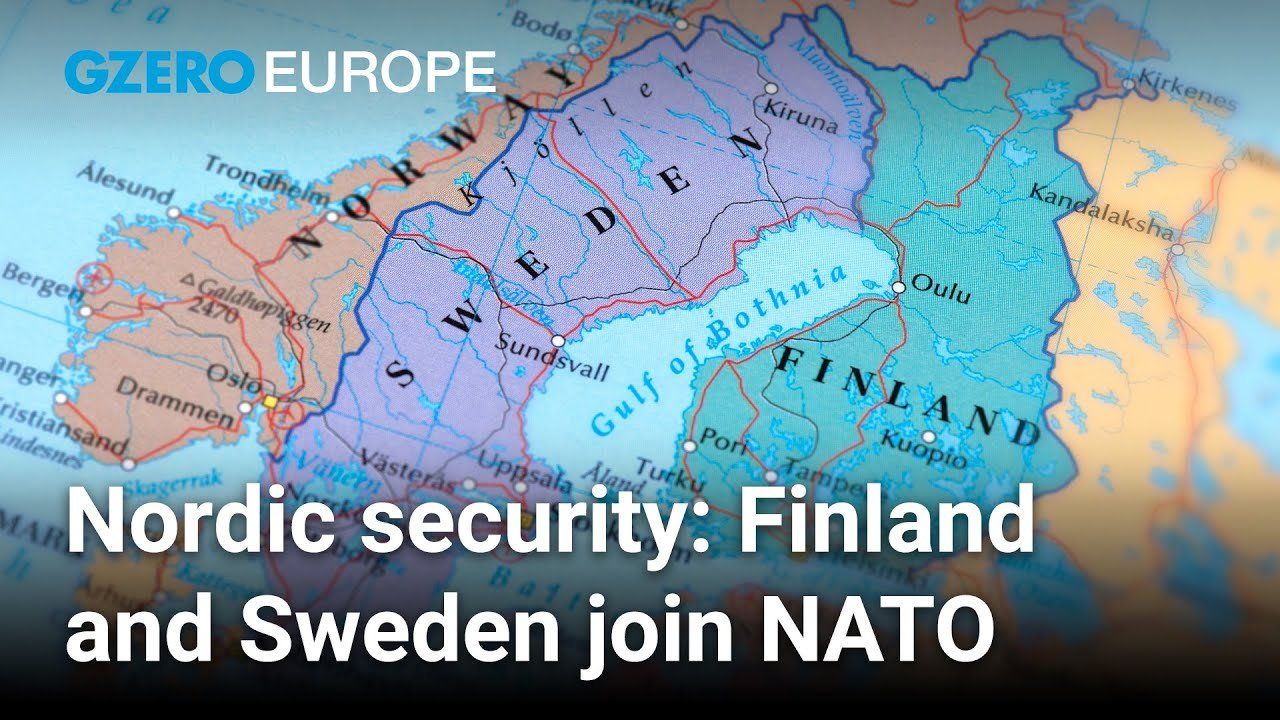
Carl Bildt, former prime minister of Sweden, shares his perspective on European politics from Hanoi, Vietnam.
Was the Swedish and Finnish decision to move into NATO, was that driven by fear of Russia attacking them?
Not really. I don't think either of our countries feel any immediate threat by Russian aggression. But what happened when Russia, Mr. Putin, to be precisely, attacked Ukraine was a fundamental upsetting of the entire European security order. And although Mr. Putin's priority at the moment, he’s very clear on that, is to get rid of Ukraine by invading and occupying all of it, you never know where he's going to stop. And this led Finland and Sweden to do the fundamental reassessment of their security policies. Giving up, in Swedish case, we've been outside of military alliances for the last 200 years or something like that.
So it was not a minor step. And that step has now been taken. Finland completed its ratification, has been a member for a couple of months. Sweden has now formally become a member after some hiccups with the ratification process. It's a major change for our two countries need to say. It is a significant strengthening of NATO. It is a significant strengthening of the security in northern Europe and I think also will facilitate a better coordination between the military alliance of NATO and the security alliance of the EU to the obvious advantage of security of Europe and the security of the West.
It's a good day.
- Sweden joins NATO: what has the alliance gained? ›
- Sweden finally joins the NATO party ›
- Why Finland’s top diplomat is proud of EU's response to Russia ›
- Finland’s next step ›
- As Russia balks, NATO might gain two strong Nordic recruits ›
- Finland and Sweden NATO bid faces problems with Turkey’s Erdogan ›
- Leaders of Poland, Nordic & Baltic countries affirm strong support for Ukraine - GZERO Media ›